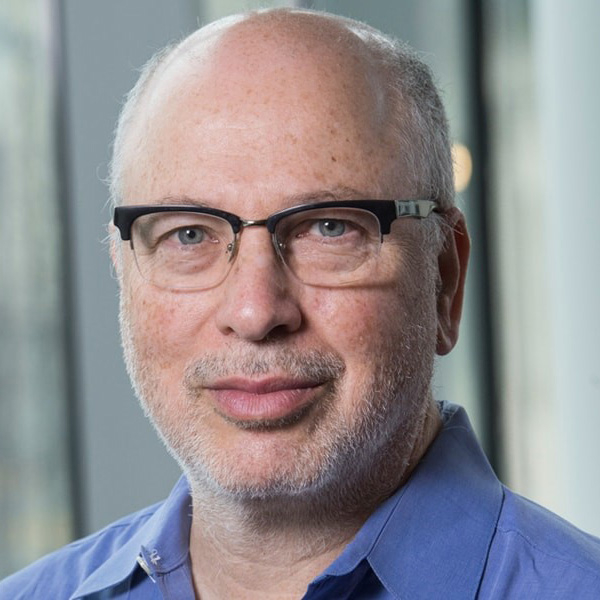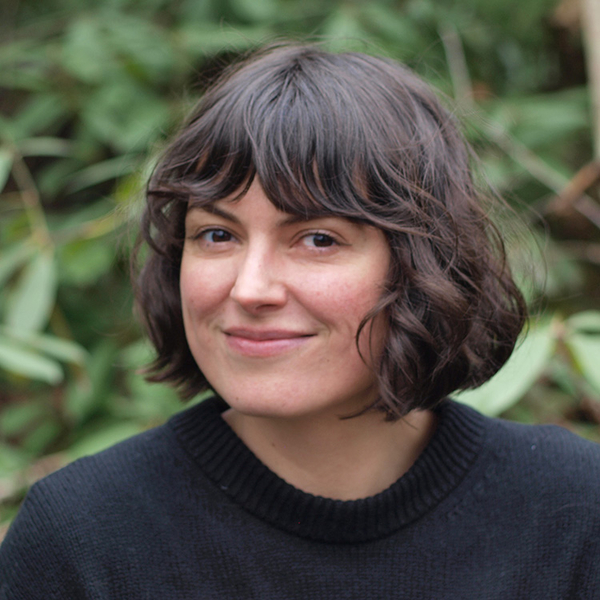AMIA 2025 Informatics Summit Keynotes
Opening Keynote
The Past, Present and Future of Epidemic Forecasting
Monday, March 10, 2025 | 1:30-3:00 pm
The dynamics of epidemics are inherently more stable and thus more predictable than those of the weather. So why is it that we have a fully developed weather forecasting industry but nothing comparable for epidemics, despite the huge benefits it would bring? In this talk, Roni Rosenfeld, BSc, PhD will review the (very short) history of epidemic forecasting, assess its current capabilities, and discuss the obstacles to achieving its full potential in the coming decade.
Roni Rosenfeld (BSc, mathematics and physics, Tel-Aviv University; PhD, computer science, Carnegie Mellon University) is a professor of machine learning, language technologies, computer science, and computational biology in the School of Computer Science at Carnegie Mellon University, Pittsburgh, Pennsylvania. He has taught machine learning and statistical language modeling to thousands of undergraduate and graduate students since 1997, and has been a mentor to five post-doctoral students and an advisor to a dozen PhD students and many Masters and undergraduate students. From 2018 until 2024, he served as head of the machine learning department.
Roni’s current research interests are in tracking and forecasting epidemics. The Delphi research group, which he co-founded and co-leads since 2012, has been playing a leading role in the development of epidemic forecasting technology in the U.S., and has been named a National Center for Epidemic Forecasting by the U.S. CDC.
Roni has previously worked in statistical language modeling, speech recognition, human machine speech interfaces, and the use of speech and language technologies to aid international developments. He has published some 150 scientific articles in academic journals and peer reviewed conferences, is a recipient of the Spira Teaching Excellence Award (2017), and twice the recipient of the Allen Newell Medal for Research Excellence (1992, 2022).
Closing Keynote
The evolutionary properties of shape and structure in cellular collectives
Thursday, March 13, 2025 | 2:30-3:30 pm
From cellular and molecular to microbial and human collectives, we are starting to have unprecedented access to datasets that reveal the complex spatial structure, the "shape" of biological systems. These datasets however, are underutilized in evolutionary biology and most evolutionary inference is done in the limit of 'well-mixed populations' (a good assumption when lacking data). To make full use of these new spatially-complex data streams, to make accurate parameter inferences, to understand how the evolutionary process has shaped biological collectives and, reversely, how the current topology of a system controls its rate of evolution, to go beyond simple description of pattern towards understanding of function and adaptive design, we need a predictive evolutionary theory of complex spatial structure. I will discuss recent work from my group on building versatile mathematical representations of population structure and how spatial arrangements and constraints shape a system's evolution.
Dr. Carja has a degree in Mathematics and a PhD in Biology from Stanford University. She is now an Assistant Professor in the School of Computer Science at Carnegie Mellon University.


